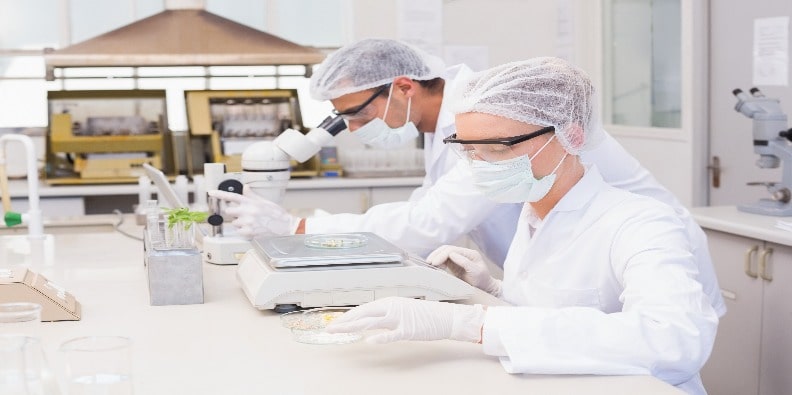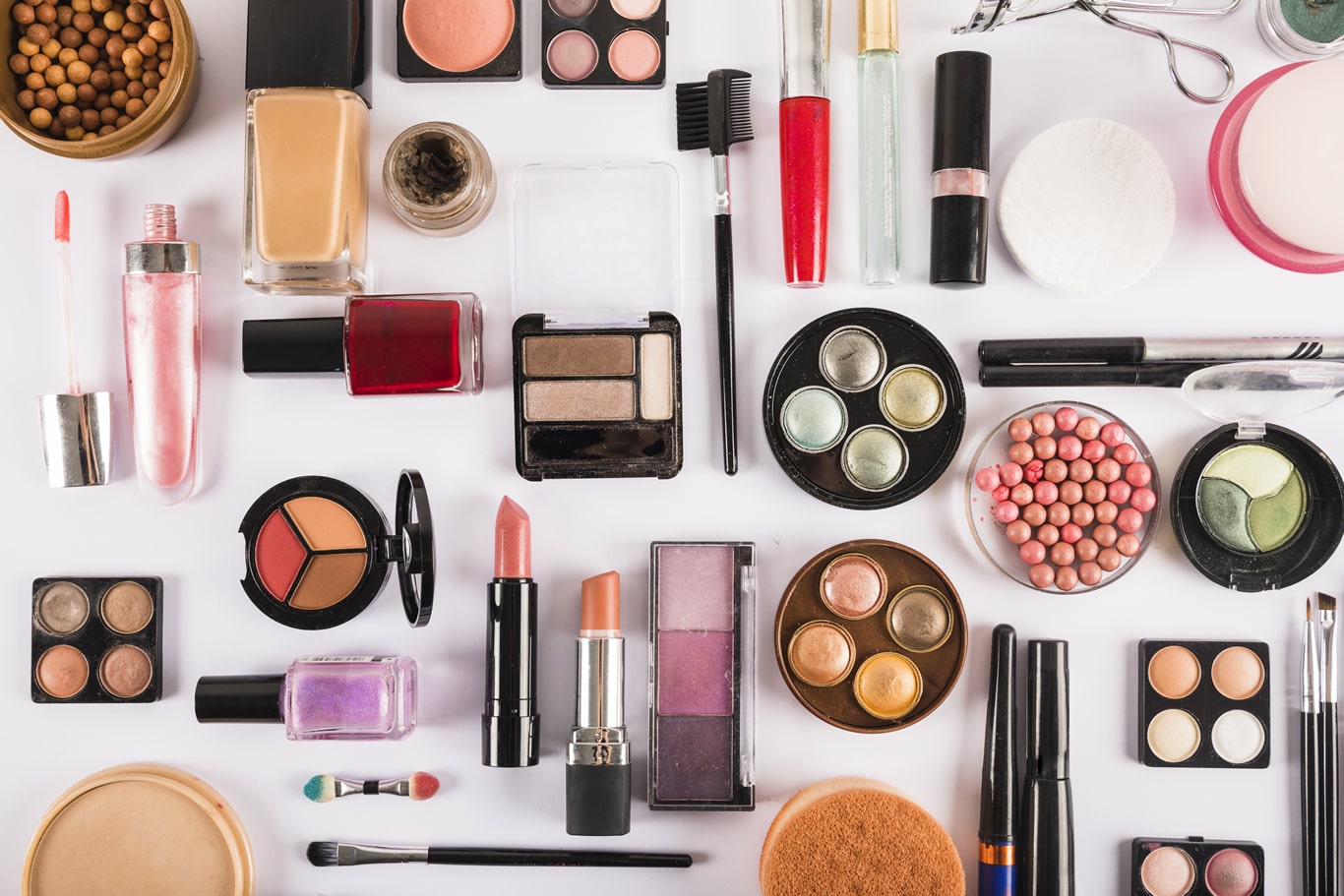Heavy Metal Test

Heavy Metals in Cosmetic Products
Heavy metals are substances that can be found naturally in water and on earth, and their amount in the environment is constantly increasing with industrial development. Considering their harm to human health, they are tried to be kept under control in the cosmetics industry as in all sectors.
They can be found as natural ingredients in cosmetic products at certain levels. However, if cosmetic products come into direct contact with the skin and are absorbed by the skin, they may cause undesirable conditions.
Heavy metal tests are performed on cosmetic products such as shampoo, hand soap, make-up materials, nail polish, hand cream, lotions, lipstick.
Why Cosmetic Products Are Tested for Heavy Metals
Heavy metal testing in cosmetics is one of the most important analyses to protect skin health and ensure consumer safety. Some raw materials and dyes used in the production of cosmetics can be a source of heavy metals. Heavy metal tests are performed on cosmetic products to determine whether the products are safe and within legal limits.
What are the Heavy Metals Found in Cosmetic Products?
- The main heavy metals that can be found in cosmetic products are:Aluminum (Al): Excessive exposure can cause skin irritation and adverse effects on the nervous system.
- Antimony (Sb): Restricted in cosmetics due to toxic effects; can be absorbed through inhalation and skin.
- Arsenic (As): A carcinogenic heavy metal; a highly undesirable contaminant in cosmetics.
- Copper (Cu): In small amounts it can promote skin regeneration, but in excess it leads to toxic effects.
- Barium (Ba): Toxic in water-soluble forms; restricted for use in cosmetics.
- Beryllium (Be): It is undesirable in cosmetic products due to its carcinogenic effects.
- Boron (B): Used in some skin products, but in high doses can harm reproductive health.
- mercury (Hg): Highly toxic; illegal use in skin whitening products is dangerous.
- Zinc (Zn): May be beneficial for skin health, but carries a risk of toxicity in excessive doses.
- Iron (Fe): May be present as a trace element; excess can cause oxidative stress.
- Gallium (Ga): Not common in cosmetics; analyzed for potential toxic effects.
- Silver (Ag): Used for its antibacterial properties; high doses can cause argyri (graying of the skin).
- Cadmium (Cd): Carcinogenic and toxic; presence in cosmetics poses a serious risk.
- Tin (Sn): Low toxicity, but needs to be monitored as a contaminant.
- Calcium (Ca): May be useful in skin care; non-toxic.
- Cobalt (Co): May cause allergic reactions; should be used with caution on sensitive skin.
- Chromium (Cr): Should be monitored due to its allergenic and potentially carcinogenic form.
- Lead (Pb): Neurotoxic and restricted by law; a strictly undesirable ingredient in cosmetics.
- Lithium (Li): Rare in cosmetics; may show toxicity at high doses.
- Magnesium (Mg): Beneficial for skin; non-toxic.
- Manganese (Mn): May be present as a trace element; high amounts may have an effect on the nervous system.
- Molybdenum (Mo): May be present at low levels as a trace element; generally safe.
- Nickel (Ni): A strong allergen; may cause skin reactions in sensitive individuals.
- Potassium (K): Important for cell function; non-toxic.
- Selenium (Se): May have antioxidant properties but is toxic in high doses.
- Cesium (Cs): Rarely found in cosmetics; monitoring recommended.
- Sodium (Na): Widely used; non-toxic.
- Strontium (Sr): Used in some skin products, but too much can cause irritation.
- Tallium (Tl): Highly toxic; should not be used in cosmetics.
- Tellurium (Te): Rarely found in cosmetics; should be monitored for potential toxicity.
- Vanadium (Vn): May be an industrial pollutant; analyzed in cosmetics due to its toxic effects.
Heavy metals acceptance limits are specified in the "Guideline on Heavy Metal Impurities in Cosmetic Products of the Turkish Medicines and Medical Devices Agency" published by the Ministry of Health.
Why Heavy Metal Testing is Performed on Cosmetic Products
- Protecting Consumer Health
- Compliance with Legal Regulations
- Building Brand Credibility
- Preventing Skin Problems
In our laboratories serving in many parts of Turkey, Heavy Metal Testing in Cosmetic Products is carried out based on international standards, test methods and relevant legal regulations with TÜRKAK accreditation.

